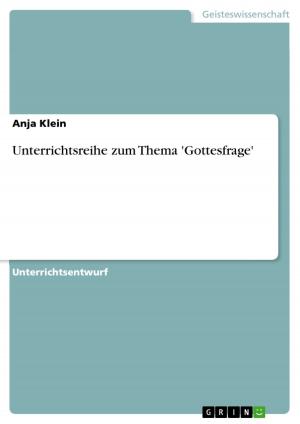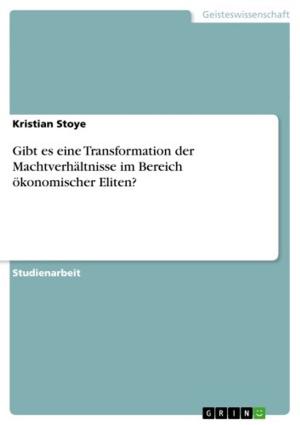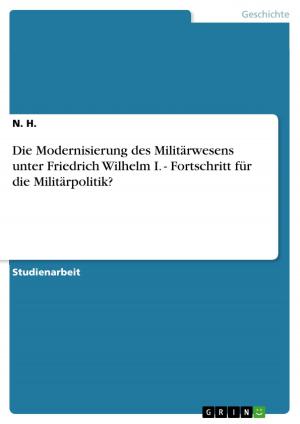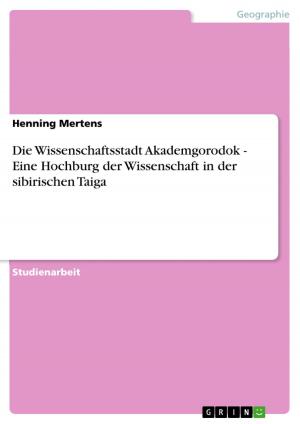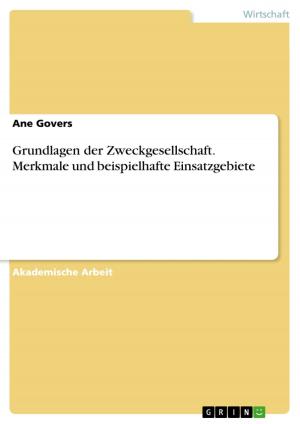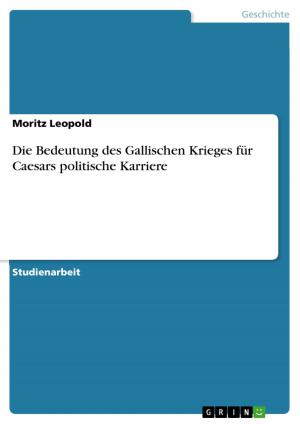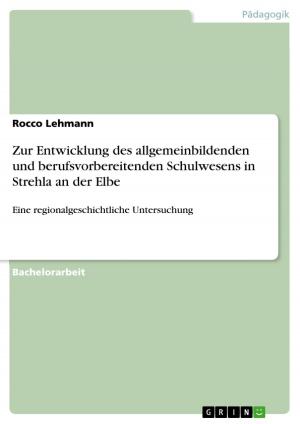Value effects surrounding Arcelor-Mittal merger announcements
Idiosyncratic factors explaining abnormal returns of competitors stocks
Business & Finance, Finance & Investing, Finance| Author: | Michael Schmitz | ISBN: | 9783640532773 |
| Publisher: | GRIN Verlag | Publication: | February 10, 2010 |
| Imprint: | GRIN Verlag | Language: | German |
| Author: | Michael Schmitz |
| ISBN: | 9783640532773 |
| Publisher: | GRIN Verlag |
| Publication: | February 10, 2010 |
| Imprint: | GRIN Verlag |
| Language: | German |
Masterarbeit aus dem Jahr 2008 im Fachbereich BWL - Investition und Finanzierung, Note: 8, Erasmus Universiteit Rotterdam, Sprache: Deutsch, Abstract: This master thesis tests different financial and non-financial factors concerning their influence as moderators on rival wealth effects after four significant steel industry merger announcements. It relates the results to earlier macro theories, such as the market collusion, buyer power and productive efficiency / information effect hypothesis. The research finds that the factors used are generally non-significant moderators after the announcement is made, with their direction depending upon the type of announcement. The study concludes that research based purely on financial factors will not be able to create an optimal mapping of relevant factors. It also finds that the productive efficiency hypothesis is well suited to explain the observed results and that future wealth impact models should build upon information from different scientific fields.
Masterarbeit aus dem Jahr 2008 im Fachbereich BWL - Investition und Finanzierung, Note: 8, Erasmus Universiteit Rotterdam, Sprache: Deutsch, Abstract: This master thesis tests different financial and non-financial factors concerning their influence as moderators on rival wealth effects after four significant steel industry merger announcements. It relates the results to earlier macro theories, such as the market collusion, buyer power and productive efficiency / information effect hypothesis. The research finds that the factors used are generally non-significant moderators after the announcement is made, with their direction depending upon the type of announcement. The study concludes that research based purely on financial factors will not be able to create an optimal mapping of relevant factors. It also finds that the productive efficiency hypothesis is well suited to explain the observed results and that future wealth impact models should build upon information from different scientific fields.


